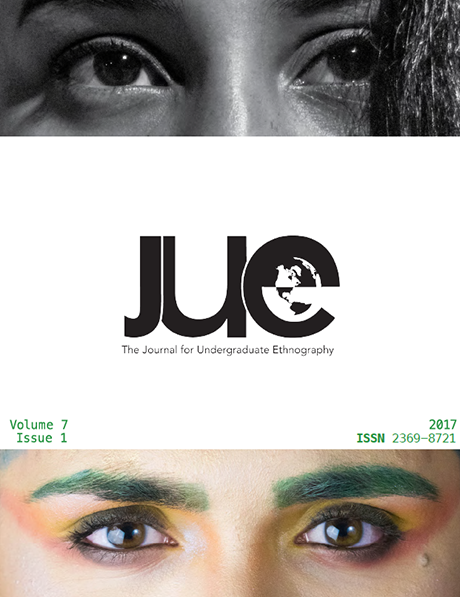Exchanging Land, Explaining Power: Land Consolidation in Peri-urban Hanoi
DOI:
https://doi.org/10.15273/jue.v7i1.8411Resumo
How do economic growth and the spread of housing and facilities affect cities‘ peri-urban land and peoples? In many cases around the world, agricultural land is being converted and repurposed rapidly for urban uses through the process of land consolidation. However, how does land consolidation actually affect farmers and communities? What role do they have in the process? How do they evaluate results? Using participant observation and semi-structured interviews with thirteen local farmers in Soc Son, a peri-urban district of Vietnam undergoing land consolidation in 2010, this article illuminates four major conflicts that affect the outcome of land consolidation. These conflicts are (1) between the state‘s strategy of decentralization and the disparate human resources on the ground, (2) between the ideology of equity and the efficiency of land redistribution, (3) between the promise of mechanization and unequal access to machines, and (4) between infrastructural improvements and actual needs. I argue that the failure of policymakers to account for existing inequalities and local context in Soc Son villages has led to unfulfilled promises of land consolidation and further stratification within the farmer community.


